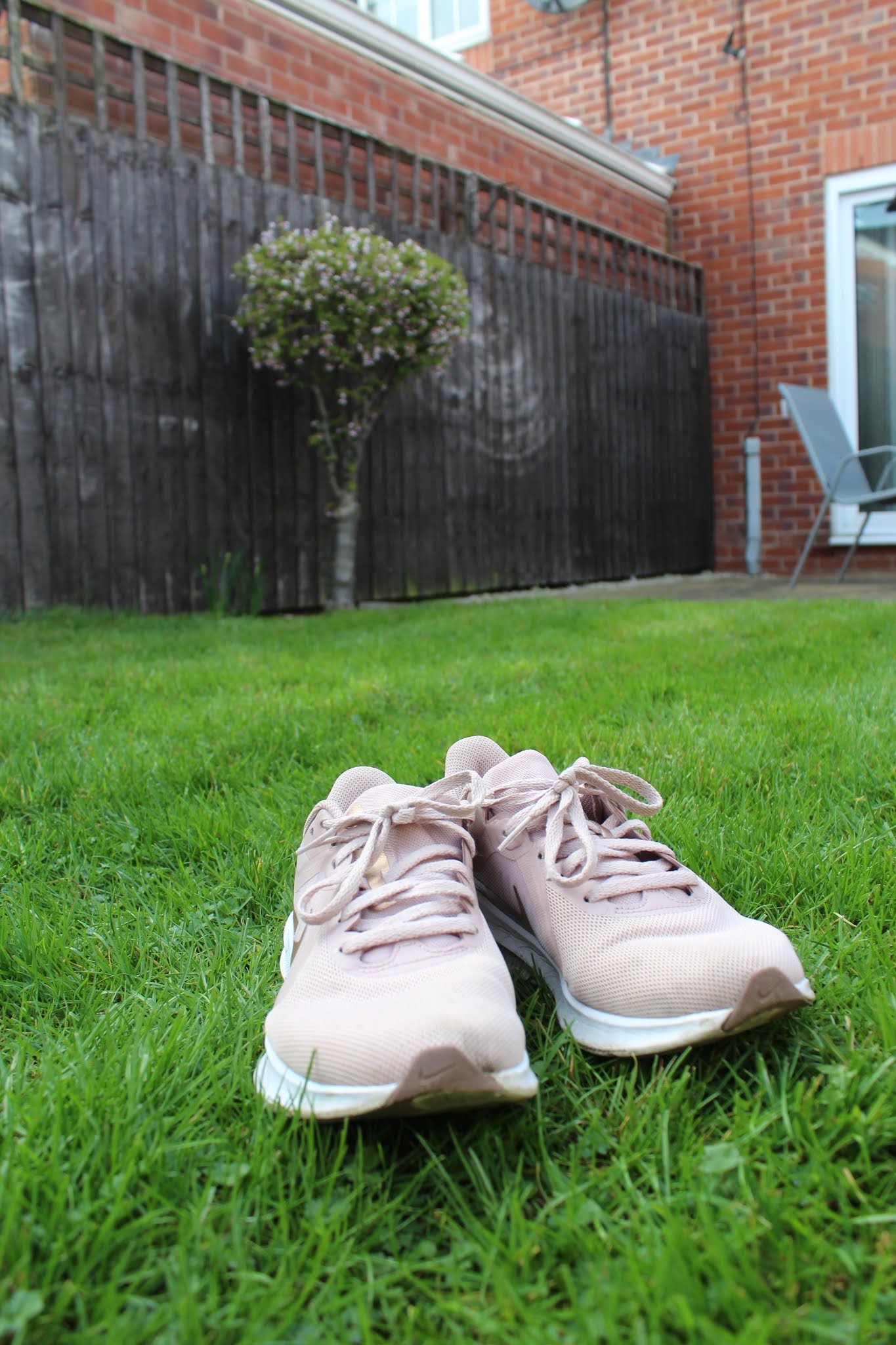5 Reasons to do the Couch-5K Challenge
I've been running regularly now for nearly a year, at the start of the first lockdown, as did many people across the country. It gave me a purpose and goals to meet and I found that it helped my mental health more than I ever thought was possible. Looking back, I don't really know what I'd have become if I hadn't taken up running.
As a result, I'm super keen to get other people to give it a go, hence this blog post. I don't do the Couch-5K anymore, I can run 5km now without stopping and I'm super proud of how far I have come in terms of my fitness. But just in case you were a bit apprehensive about giving it a try, I thought I'd give you a few benefits and rewards you could reap if you take it up now the weather is better!
What is the Couch-5K?
The Couch-5K Challenge does exactly what it says on the tin, it helps people who do no exercise at all to get up and, eventually, run 5km, which equates to roughly 3 miles. It takes you through a certified training programme and it's actually free to do as well, so there's no excuse to tie up your shoe laces and give this a try, especially if you've been wanting to get into running but don't have the confidence yet.
Of course, it's not as simple a sit sounds, but everyone is able to give it a try, no matter how fit you are. Believe it or not, it was actually a programme that was developed and went into the public domain in 1996, so it's not a new thing at all, but it has been immensely popular over the 25 years it's been around.
The person who developed the challenge was himself an inefficient runner, until he found a way of making it easier and much more fun. It was then that he realised that everyone could become a runner if they put their minds to it.
Generally, the Couch-5K plan lasts for around 2.5 months, which you might think is a short amount of time to run 5km, which is actually quite a long way. But if you follow the plan, then you'll be able to do it, so have some faith in the programme you're following. It's based on a walk/run concept, where some chunks are spent, you guessed it, walking and other chunks are spent running.
The first time you get your trainers on and begin the challenge, you will only be running for 1 minute at a time and then you'll be expected to walk for a time in order to recover. The further into the programme you get, the longer you'll be asked to run and walking will slowly start to fade out of the activity. You'll also be expected to go on at least three runs a week, so be prepared for that if you're not used to regular exercise already.
Make the programme work for you
The NHS recommend that you get at least 2.5 hours of exercise a week, but this plan ensures that that goal is met. But with that being said, it's still important that the plan works for you - it's not set in stone. If you've not done any exercise for a considerably long time, then consult your GP before taking it up, just so they can check you over and give you the all clear from a health perspective, as this is the most important thing.
But when you start, if you experience sharp or prolonged pain that just isn't going away, even after a period of rest, then seek medical advice and postpone continuing the programme until you're well again. If you feel unwell during your run, then you should stop and pick it up again when you feel able. Again, seek medical advice if this happens often.
However, if running is totally new to you, then you can expect to experience sore muscles and a little discomfort during the run. If this happens, then make sure you have rest days so your muscles can recover and ensure you warm up and cool down effectively to avoid injury.
When it comes to making the programme work for you, it's totally fine if you want to repeat the same week more than once, especially if you don't feel ready to move onto the next phase yet. This is helpful should you take a week off from running, as you might be on holiday or be struck down with an illness. If this happens, then it's important that you don't skip a week on the plan, pick up from where you left off the week before or even backtrack a week or two so you don't over do it.




C25k is awesome. I did it in autumn 2019, had a few months off last summer after injury and I'm now doing 10 miles once a week, gradually building up to a half marathon.
ReplyDelete